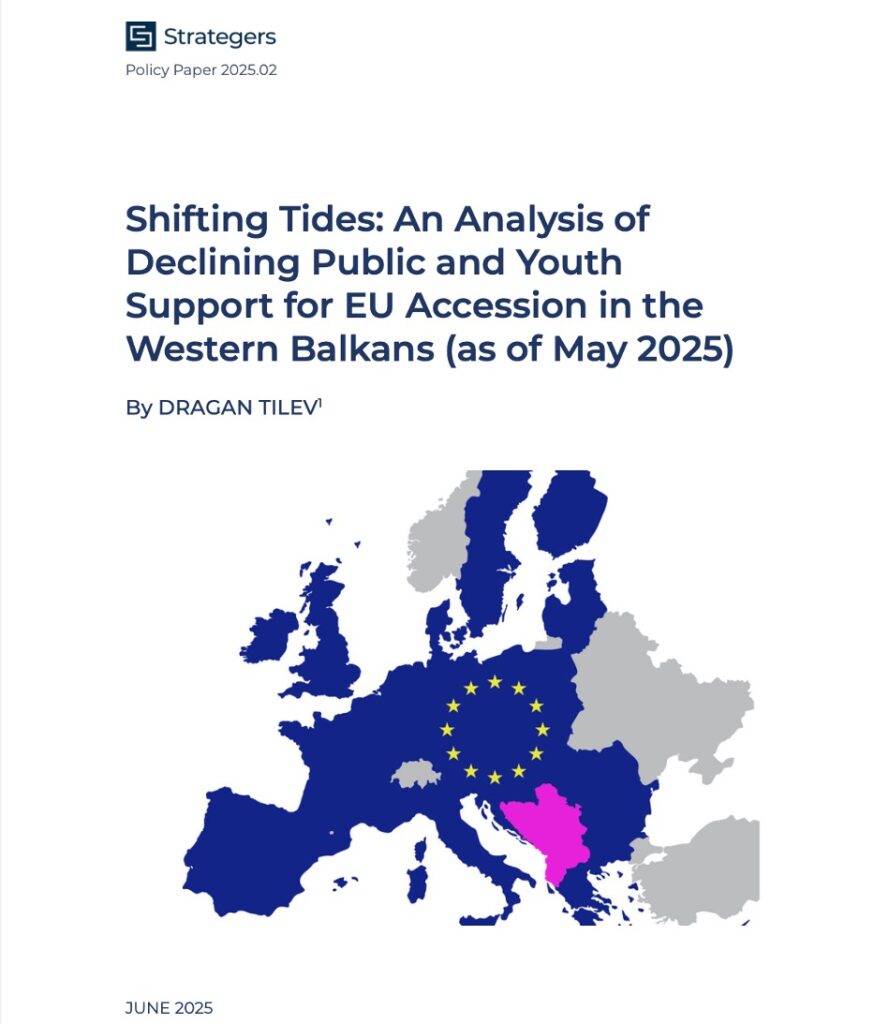Shifting Tides: An Analysis of Declining Public and Youth Support for EU Accession in the Western Balkans (as of May 2025)
Executive Summary
This is a comprehensive analysis of public and youth sentiment towards the European Union (EU) accession process in the Western Balkan countries as of May 2025. The findings indicate a discernible trend of declining support, particularly pronounced among the younger generation, which poses significant challenges to the efficacy of the EU’s enlargement policy. While overall trust in the EU remains above 50% in most Western Balkan nations, a notable decrease in the belief that EU membership would yield tangible economic benefits is observed. Serbia stands out with consistently low levels of public trust and support.
The analysis reveals that youth in North Macedonia exhibit less enthusiasm for EU membership, with a substantial portion expressing reluctance to participate in a hypothetical referendum. Similarly, young people in Serbia display heightened indecisiveness regarding EU integration. A critical factor contributing to this disillusionment is the widespread concern over emigration and brain drain, as many young individuals perceive that EU accession may not sufficiently address the underlying issues driving their desire to leave their home countries.
The erosion of public support is attributed to a complex interplay of economic, political, and geopolitical factors. Economic concerns, including high living costs, low wages, and persistent unemployment, temper expectations of material gains from EU integration. Politically, perceptions of national governance, particularly regarding the rule of law and corruption, significantly influence attitudes towards the EU. Furthermore, prolonged accession delays stemming from unresolved bilateral disputes and the perceived inconsistency of the merit-based process contribute to reform fatigue and skepticism. The EU’s renewed geopolitical impetus for enlargement, while strategically vital, creates a delicate balance, as it risks de-emphasizing rigorous reform in favor of rapid integration, potentially undermining the process’s long-term credibility. The success of new financial instruments, such as the Growth Plan for the Western Balkans, in delivering tangible improvements will be critical in re-engaging populations and fostering genuine, sustainable reforms.
Note: The analysis expresses the views of the author and does not necessarily represents the position of Strategers™.

Dragan TILEV
MSc in Economics
Expert in EU Integration with 30+ years experience in Western Balkans and EU countries.
- By Strategers

